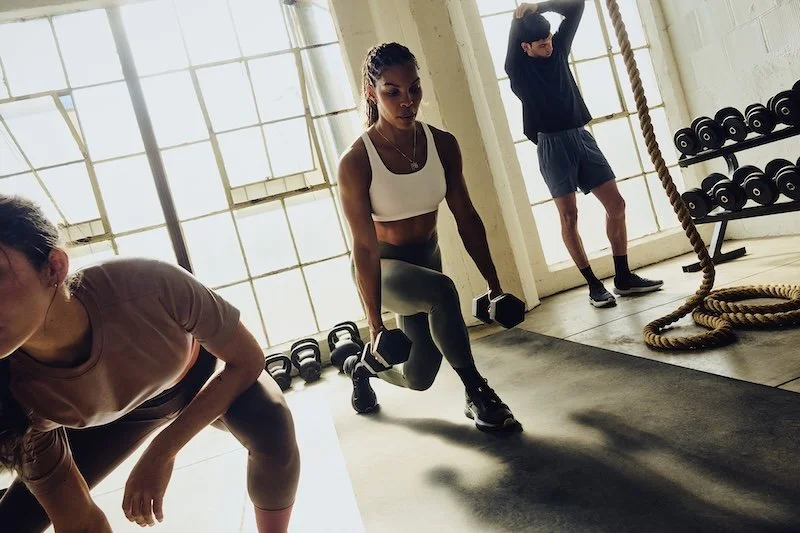Iceland exec praises online delivery effort during coronavirus outbreak
Prior to the coronavirus outbreak, Iceland was delivering 100,000 online orders per week. Its network is now in place to deliver over 500,000 and it continues to add more.
“I’ve never been prouder to work for a company than I have been over these past few months at Iceland Foods. Teams from across the country have rallied together and continue to work tirelessly in an effort to help get food to our customers,” Danny Cramer, Head of Online, said on LinkedIn.
He continued: “We are working closely with the governments, NHS and local authorities in order to provide priority access to deliveries for as many as we can. We don’t always do everything perfectly but we try our best to put the customer at the heart of every decision we make. It’s been a gruelling yet rewarding few months. And tomorrow we go again.”
Ignore the PM
In late March, Iceland MD Richard Walker contradicted coronavirus advice given by Boris Johnson.
When the Prime Minister ushered in lockdown measures to combat the outbreak, he recommended that Brits use online food delivery services whenever possible. But in an online post, Walker stressed that demand was vastly exceeding supply.
“We have done our best to restrict online ordering to the elderly, vulnerable and self-isolating, and we are working hard to make more delivery slots available, but each release is quickly snapped up. As with priority shopping hours in store, it is hard to enforce rules and we ultimately have to rely on the decency and goodwill of the public,” he wrote.
“Therefore, I would actually urge the opposite of the Prime Minister: if you are healthy, not in a vulnerable category and adhere to social distancing guidelines, please do shop in-store – responsibly. This will enhance priority online for those who need it most,” he added.
This echoed comments by Tesco boss Dave Lewis who, in an email sent to customers, said: “We are at full online capacity for the next few weeks and we ask those who are able to safely come to stores to do so, instead of shopping online, so that we can start to free up more slots for the more vulnerable.”










Continue reading…